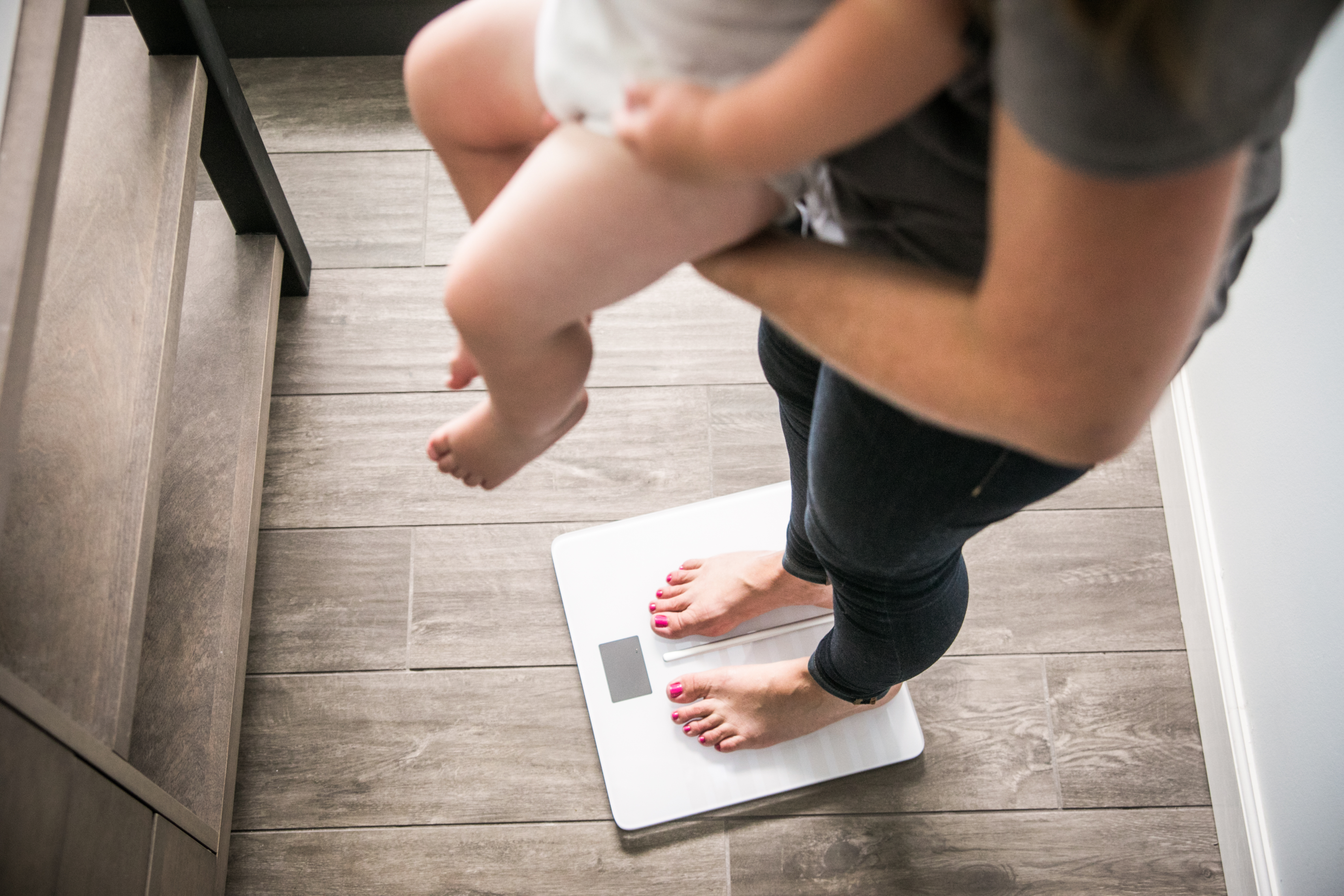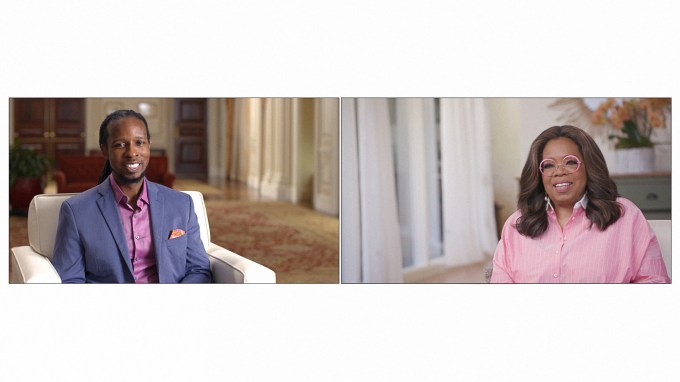“The doctor’s office is dead.”
That’s the way Nick Desai, the co-founder and chief executive of the Los Angeles-based startup Heal describes the future of traditional healthcare delivery.
While Desai’s bluster may be wishful thinking, the doctor’s office is certainly changing, and that’s thanks in part to companies like Heal, which offer in-home and telemedical consultations — and health insurance providers like Humana that are backing them.
The two companies have announced a new partnership that will see Humana pushing Heal’s in-home and virtual care delivery services to the patients it covers and committing $100 million to spur the Los Angeles-based startup’s growth.
“Humana has a more strategic view of home-based care,” said Desai. “We want all payers to be this strategic. Most insurance partners offer Heal now but we want them to view it more strategically.”
For Desai, the home is the best place to get care because doctors can see the environment that may influence (and in some cases complicate or worsen) a patient’s condition. Heal, Desai says, also works with the digital technologies to provide more remote and persistent patient monitoring, so that doctors can have a better sense of a patient’s health over time, rather than at an acute moment of care.
“You want to talk to the doctor and get continuity of care,” said Desai. “We think we are… an accelerant for the adoption of those services.”
Things like iPhone-based EKG machines, remote diagnostics to determine diabetic retinopathy, digital hubs to provide remote monitoring of body mass and movement are all hardware offerings within Heal’s panoply of care and diagnostic solutions. “We want to be able to gather more and more of those diagnostics remotely,” Desai said. “Anything that makes care more accurate, more data driven, more timely we want to use and ask our patients to utilize so that they can get better care, more quickly and more affordably.”
The new financing from Humana will go to support Heal’s geographic expansion, product development, and sales and marketing, Desai said. Already, the company has expanded into new treatment areas, including teletherapy for mental health.
Discussion between Heal and the Louisville-based Humana began back in December and the two businesses only inked the final terms of their deal last week.
Heal telemedicine, telepsychology (CA only), and digital monitoring services are currently available in New York, New Jersey, Washington, California, Georgia, Virginia, Maryland, and Washington D.C. To date, the company has linked patients with over 200,000 home visits from doctors since its launch in 2015.
Under the terms of the agreement with Humana, will expand to geographies in Chicago, Charlotte and Houston as part of Humana’s “Bold Goal” program focusing on addressing and creating healthcare services that address social determinants and social needs for its population of insured patients.
“The partnership with Heal is part of Humana’s efforts to build a broader set of offerings across the spectrum of home based care, with high quality, value-based primary care being a key foundational element,” said Susan Diamond, Humana’s Segment President, Home Business, who is joining Heal’s Board of Directors as part of the partnership and investment. “We continue to see high levels of customer satisfaction and improved health outcomes when care is delivered in the home. Our goal is to make the healthcare experience easier, more personalized and caring for the people we serve—and is the hallmark of how Humana delivers human care.”
For Desai, the deal is also an indicator of not just his company’s growth, but the growth of the entire Los Angeles technology ecosystem.
“Heal’s funding just proves that LA is as much an epicenter of venture backed ecosystem as any in the country including Silicon Valley,” he said.
from iPhone – TechCrunch https://ift.tt/39AAB9s

